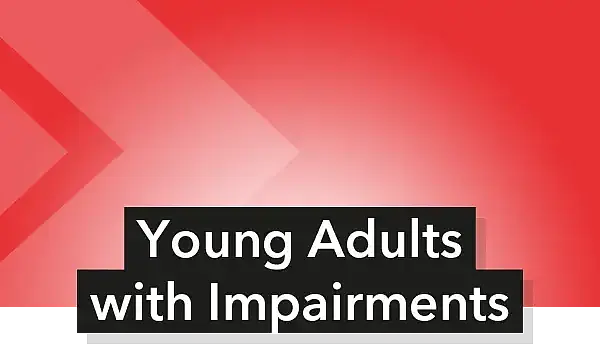How do young adults with impairments proceed with their family planning and how can their sexual health be supported and maintained? That is the central question of this study. The focus lies on their acquiring and implementing the information on family planning necessary to realizing their desire for children. Further, it is important that they receive information on how to effectively prevent unwanted pregnancies and sexually transmitted diseases.
This study is a follow-up study to the previous survey of the German Federal Centre for Health Education (BZgA) entitled “Jugendsexualität und Behinderung” (Youth Sexuality and Disability). It focuses on the theme of family planning and young adults with impairments from 18–25 years of age. The previous study was unable to collect detailed data on themes such as sexual experiences, choice of partner and use of various contraceptive methods among persons with impairments because of the small number of cases studies. However, it was able to show that in youths with impairments sexual relations often commence at a later point in time than in youths without impairments, generally when they begin their course of vocational education. The reasons given for this delay of initial sexual experiences were their personal level of maturity as well as the absence of an appropriate partner. Yet other reasons – not collected during that study – may also be involved, for example, limited mobility, absence of support and poor sexual socialisation in the parental home.
With the help of a semistandardised survey, it was our goal to study the opportunities, obstacles and resources they had at their disposal to enter into relationships and live out their sexuality in conjunction with the concrete implementation of their knowledge of sexuality, in particular concerning contraception. Further aspects of interest were the influence of sexuality education in the parental home and school and overall healthy behaviour


